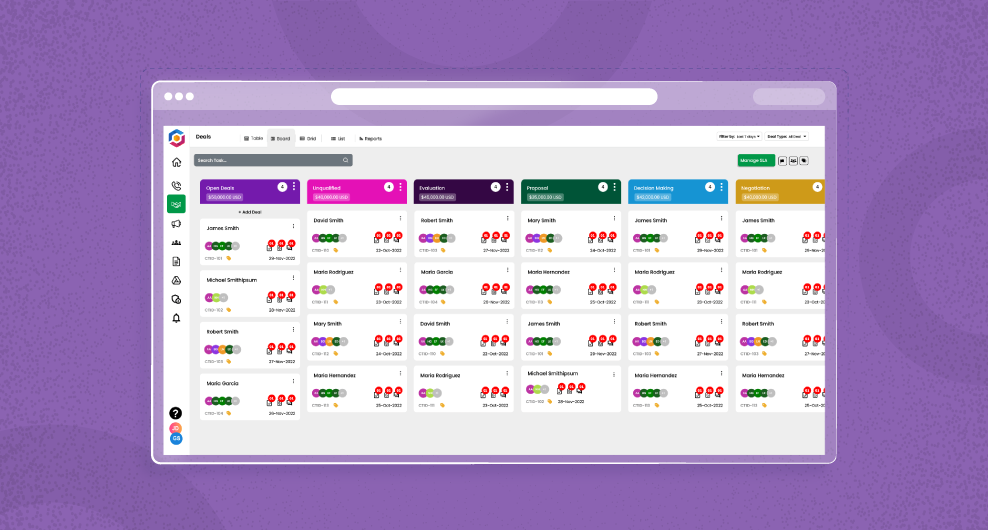CRM Automation
Customer Relationship Management (CRM) software is a powerful automation tool for businesses to manage customer interactions, sales, and marketing processes. It helps businesses to streamline their operations, improve customer engagement and retention, and increase revenue.
However, manually managing and tracking customer data, sales leads, and customer interactions can be time-consuming and error-prone. Automating CRM processes, including customer service chat and marketing CRM, can help businesses save time, reduce errors, and improve overall efficiency.
10 CRM Processes
In this blog post, we will discuss 10 CRM processes that you can easily automate today to improve your business operations and customer service relationships.
Lead Capture and Management
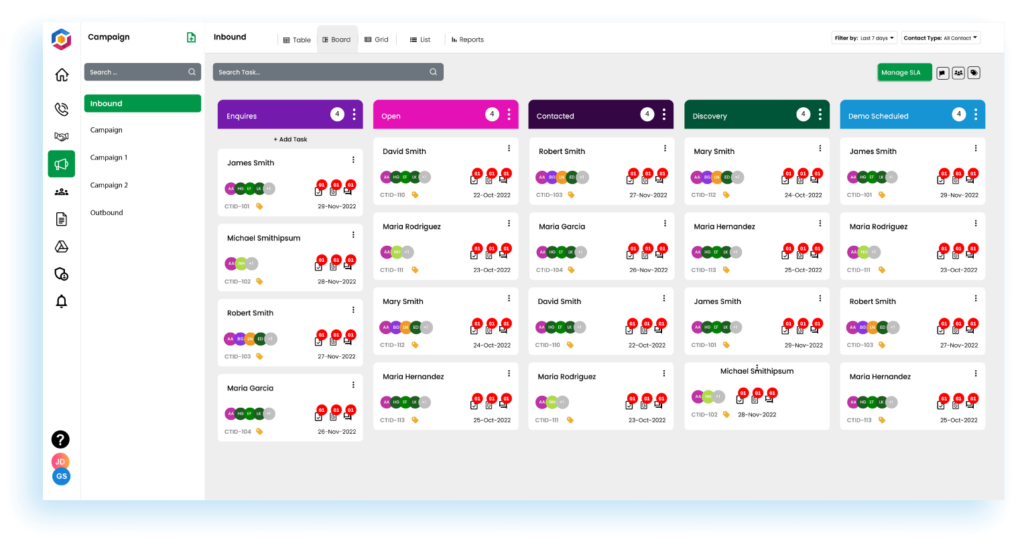
Automating lead capture and management is essential for businesses to efficiently track and manage leads. Using CRM system, you can automate lead capture from your website, email campaigns, and social media platforms. This process helps you to efficiently capture and organize leads and assign them to the right sales representatives.
Sales Pipeline Management
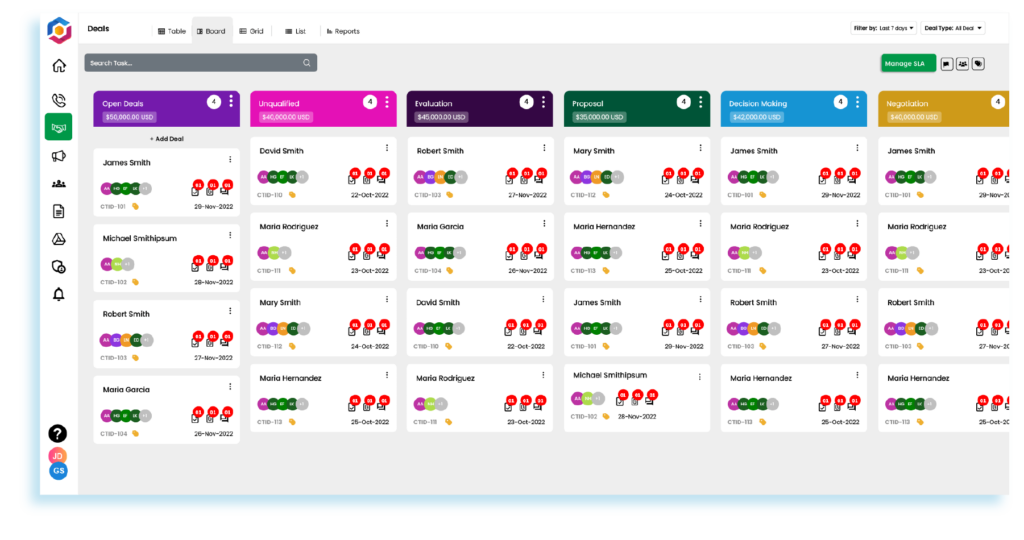
Managing sales pipelines can be a time-consuming and complex process. Automating your sales pipeline management using CRM automation tool can help you to manage and track sales leads efficiently. You can use a CRM software to automate the process of creating and tracking deals, set up reminders and notifications, and track progress at each stage of the sales cycle.
Contact Management
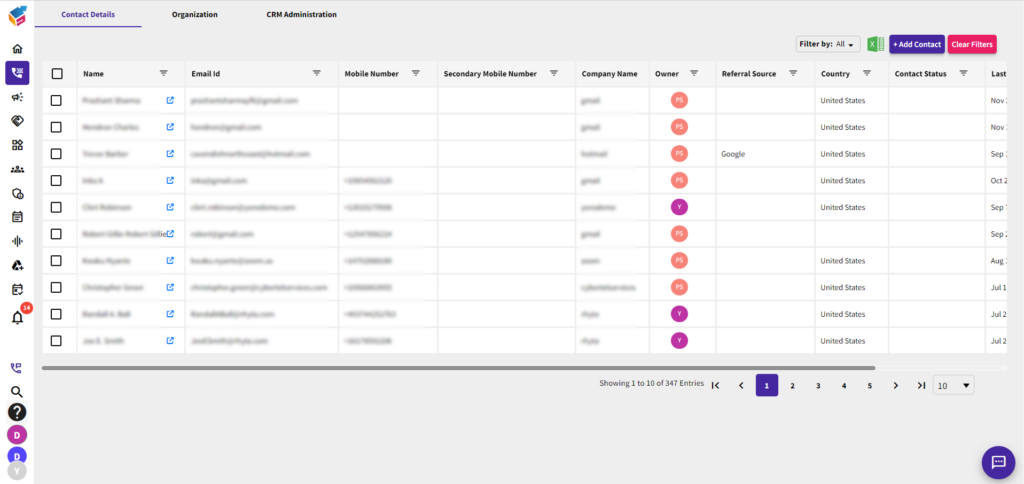
Automating contact management is important for businesses to keep track of customer information, such as contact details, interactions, and preferences. Automation software can help you to automate this process by providing a centralized database where you can store customer information, track interactions, and manage customer experience and preferences.
Email Marketing
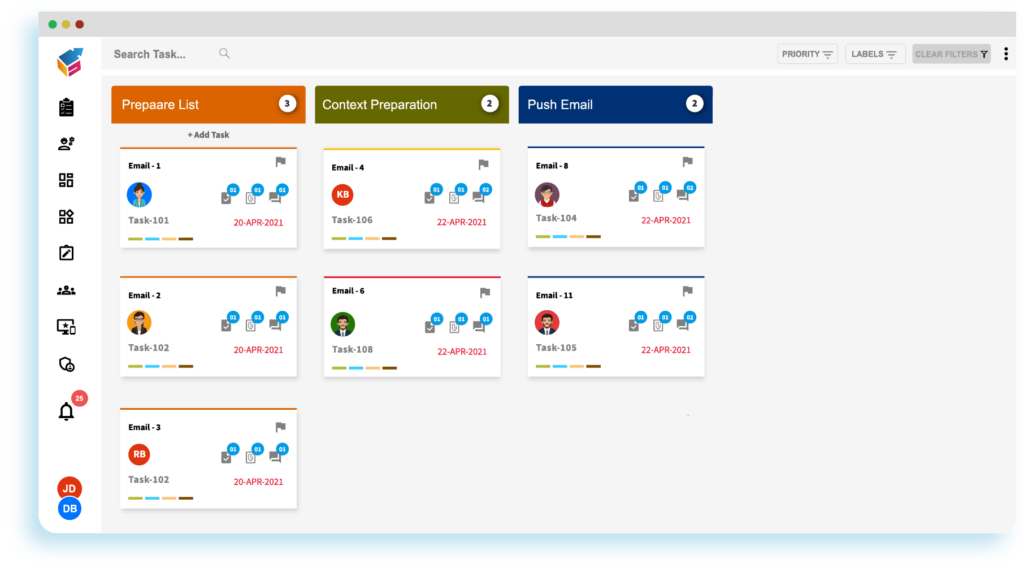
Email marketing is an effective way to engage with customers and promote your products and services. However, managing email campaigns manually can be time-consuming and error-prone. Automating email marketing processes can help you to save time and improve the effectiveness of your campaigns. With an email automation software, you can automate email campaigns, personalize emails, and track email performance.
Customer Support
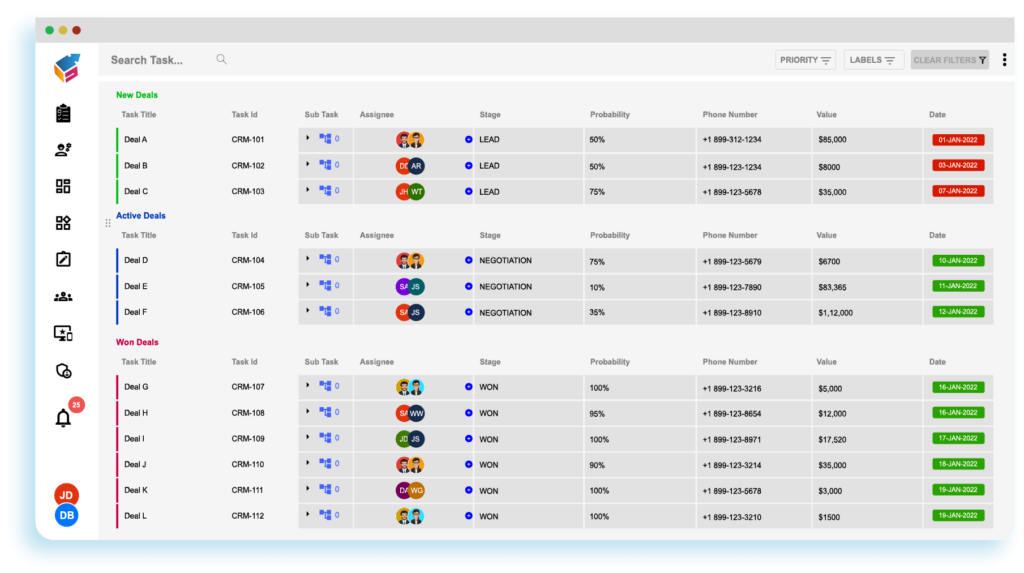
Providing timely and efficient customer support is critical for maintaining customer satisfaction and loyalty. Automating customer support processes can help you to provide timely responses and resolutions to customer queries and issues. You can use a CRM software to automate support ticket creation, assign tickets to the right support representative, and track the status of each ticket.
Sales Forecasting
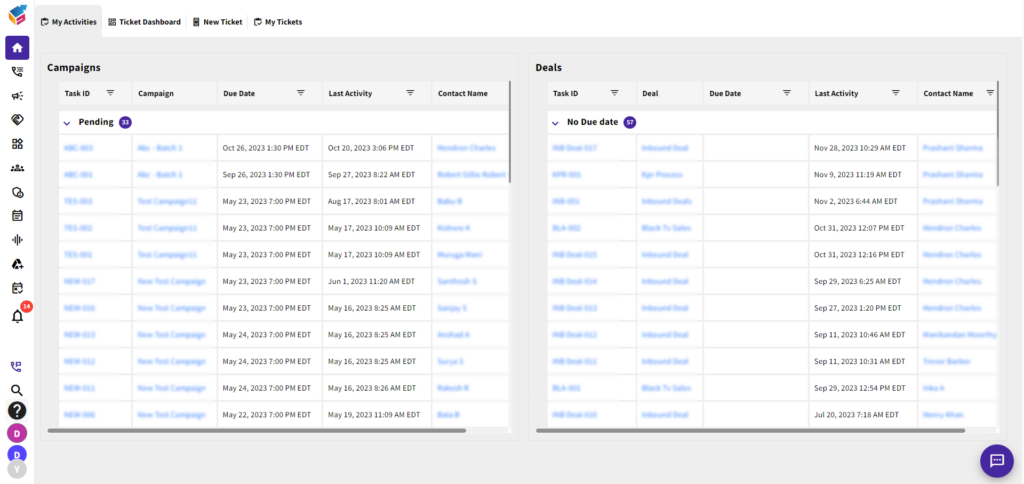
Sales forecasting is a critical process for businesses to predict future revenue and plan resources accordingly. Automating sales forecasting can help you to generate accurate and reliable forecasts quickly. With a CRM automation tool, you can automate the process of collecting and analyzing sales data, create reports and dashboards, and predict future sales trends.
Order Processing
Automating order processing can help you to streamline your sales processes and reduce errors. With a CRM software, you can automate the order creation process, track order status, and update customer accounts with the latest order information.
Marketing Automation
Marketing automation is an effective way to streamline your marketing processes, generate leads, and improve customer engagement. With a sales and marketing automation system, you can automate marketing processes such as lead scoring, lead nurturing, and campaign management. This process helps you to improve the efficiency of your marketing campaigns and generate more leads.
Social Media Management
Social media platforms are an important channel for businesses to engage with customers and promote their products and services. Automating social media management can help you to efficiently manage your social media presence, track interactions, and monitor customer feedback. With a CRM software, you can automate social media posts, track engagement, and monitor social media mentions.
Customer Surveys
Conducting customer surveys is an effective way to gather feedback and insights from customers. However, manually managing customer surveys can be time-consuming and error-prone. Automating customer surveys can help you to efficiently conduct surveys, collect responses, and analyze results with a CRM solution.
Choosing a Right CRM Automation Tool
Choosing the right CRM automation tool for your business is a critical decision. With so many options available in the market, it can be overwhelming to select the best fit for your organization.
Here, we will discuss some factors to consider when choosing a CRM automation tool.
Your Business Requirements
The first factor to consider is your business requirements.
What are the specific needs of your business?
What are the pain points that you want to address with a CRM automation tool?
Do you need to automate lead management, sales pipeline management, marketing processes, or customer support?
Answering these questions will help you to identify the key features and functionality you need in a CRM automation tool.
Ease of Use
The second factor to consider is the ease of use of the tool.
The tool should be user-friendly and easy to navigate for your team members.
A complicated tool can lead to resistance from team members and cause delays in adoption. The tool should have a simple interface and offer a clear workflow for each process.
Integration with Existing Systems
The third factor to consider is the integration of the tool with your existing systems. This will help you to streamline your workflow and avoid duplication of effort.
A CRM automation tool should seamlessly integrate with your existing software and tools, such as your marketing automation software, email platform, and project management software. This will help you to streamline your workflow and avoid duplication of effort.
Customization
The fourth factor to consider is the level of customization the tool offers. Each business is unique, and therefore, the CRM automation tool should be customizable to meet your specific needs.
Look for a tool that offers flexibility in customizing workflows, fields, and reports. This will help you to tailor the tool to fit your business needs and improve the efficiency of your processes.
Analytics and Reporting
The fifth factor to consider is the analytics and reporting capabilities of the tool. The CRM automation tool should offer a dashboard to monitor the progress of your sales, marketing, and customer support processes.
It should provide insights on the performance of your campaigns, the effectiveness of your sales process, and the level of customer satisfaction. The tool should also offer customizable reports to help you track the metrics that matter to your business.
Cost
The final factor to consider is the cost of the tool. The cost of a CRM automation tool can vary widely depending on the features and functionality it offers.
Look for a CRM tool that provides the necessary features within your budget. Consider the long-term value the tool can provide to your business and the potential return on investment.
End Note
In conclusion, choosing the right CRM automation tool is critical for the success of your business. Consider the factors discussed above when selecting a tool, and ensure that it meets your business requirements, is easy to use, integrates with existing systems, customizable, offers analytics and reporting, and fits within your budget.
YoroCRM automation tool can help you to streamline your processes, improve customer relationships, and grow your business.

